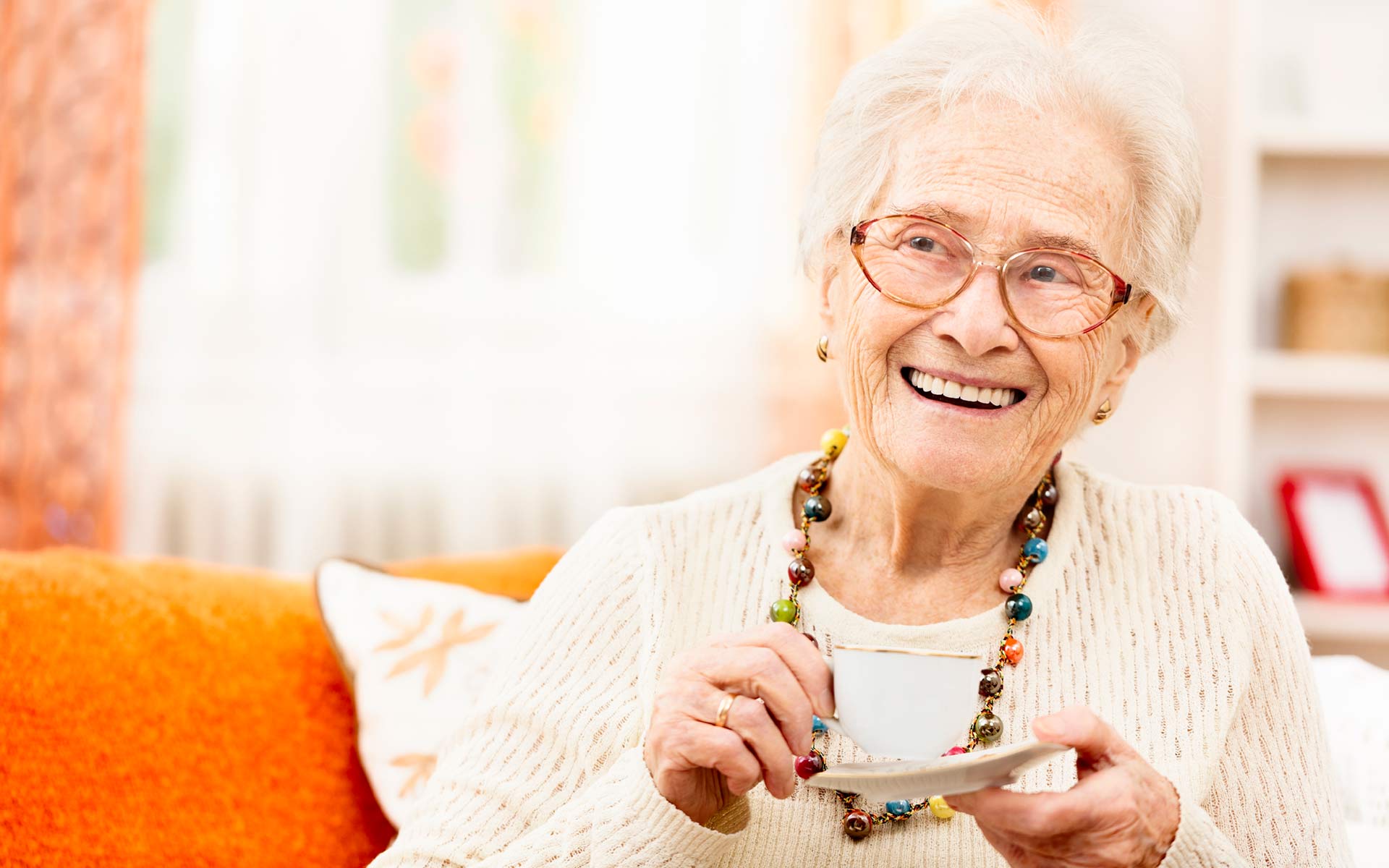
STEPS Home Care is a family, local and female owned Licensed Home Care Agency providing Concierge Home Care in the New York Metropolitan Area.
Become a Caregiver?Need Home Care?We understand caring for loved ones can be challenging and stressful. STEPS evolved from the experiences of caring for our family. Our goal is simple: provide you with peace of mind. In order to do this, we use 3 guiding principles: Family, Passion, and Stability.
STEPS Home Care is family, local, and female owned company. Our family is here to help yours. You are not alone.
At STEPS, everyone has passion and pride in everything they do, including hiring Caregivers with the same devotion.
We hire the best Caregivers, treat them well, and focus on finding the “Right Fit”, which results in longer lasting relationships.
We utilize a multi-step process to customize the Plan of Care for your unique situation and ensure we make the “Right Fit”. The first step is to contact us regarding your situation to find out how we can help.
We strive to find the best possible Caregivers, and only select the Top 3-4% of those that apply. We spend considerable thought on the matching process, which consists of the Patient Assessment and Caregiver Selection. By taking into account how our Caregivers’ personalities match your family’s social dynamic, our goal is the find the “Right Fit”.

Every step in our process is focused on understanding your point of view as a client and/or family member. Please explore one of our case studies and discover how we help families.
Paul Luftig
Paul has been a beloved client of ours for over 3 years now, and we were lucky enough to have taken care of his wife, Ida, before him. Here is his story.
Sylvia Bernstein
We started working with Sylvia in 2015. She has round the clock care, which includes transportation. Here is her story.
STEPS Home Care provides our concierge service in Westchester, Long Island, Lower Fairfield, Riverdale, and Manhattan. We also have a sister company serving Palm Beach and Broward Counties in Florida.

We have several tiers of service based on the level of care and the amount of time you need the Caregiver on a weekly basis. We revise the Plan of Care as you, or your family member, progresses through the health and aging cycle. And we take every step possible to provide you with the highest level of personal attention.
